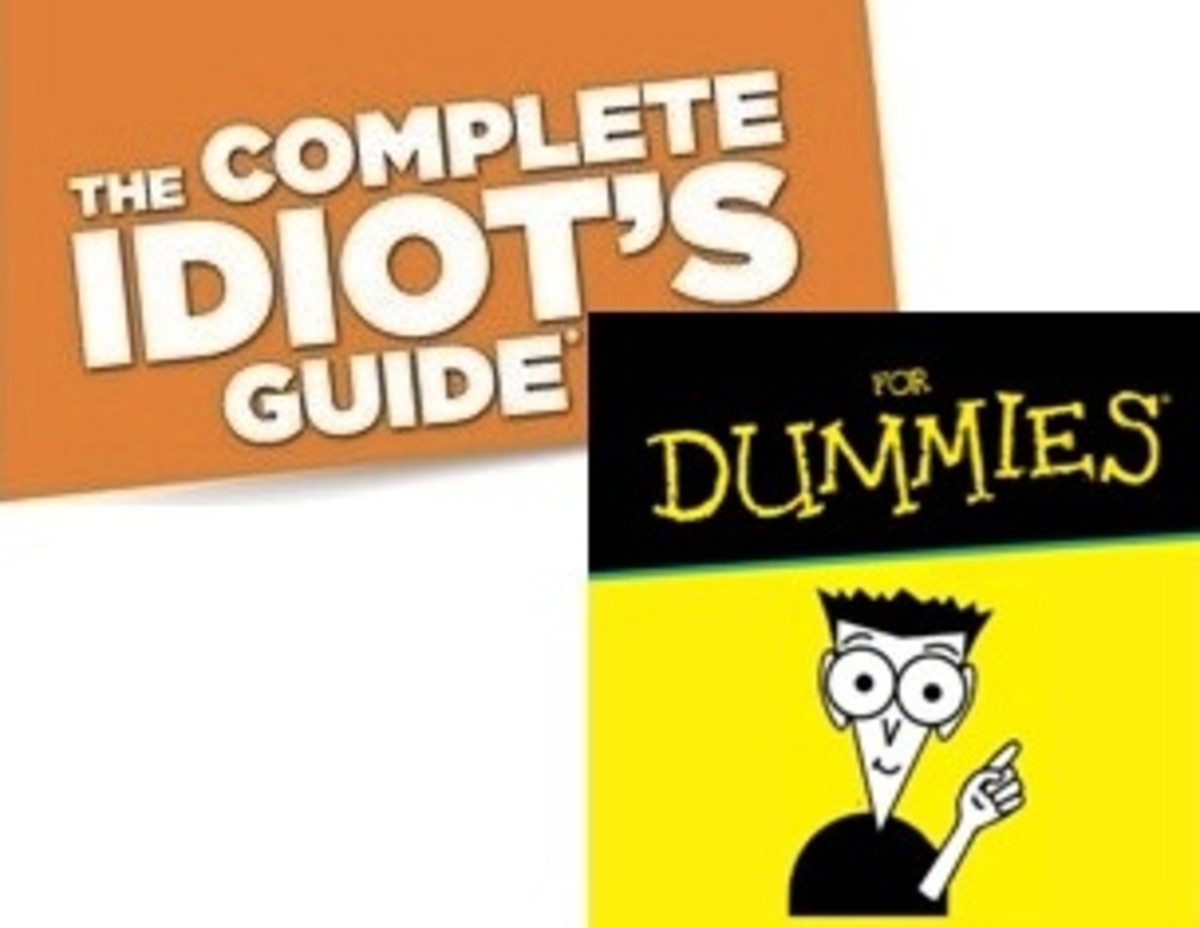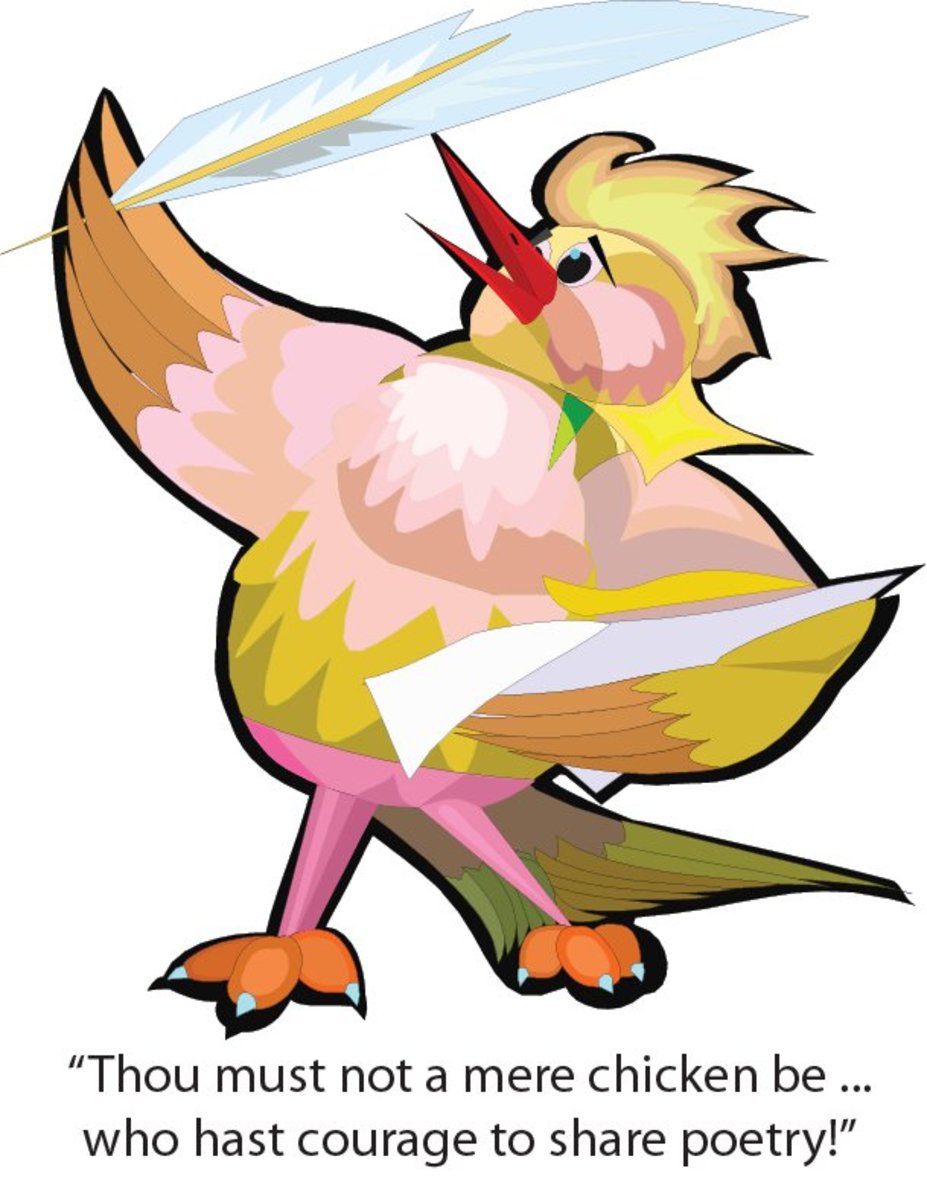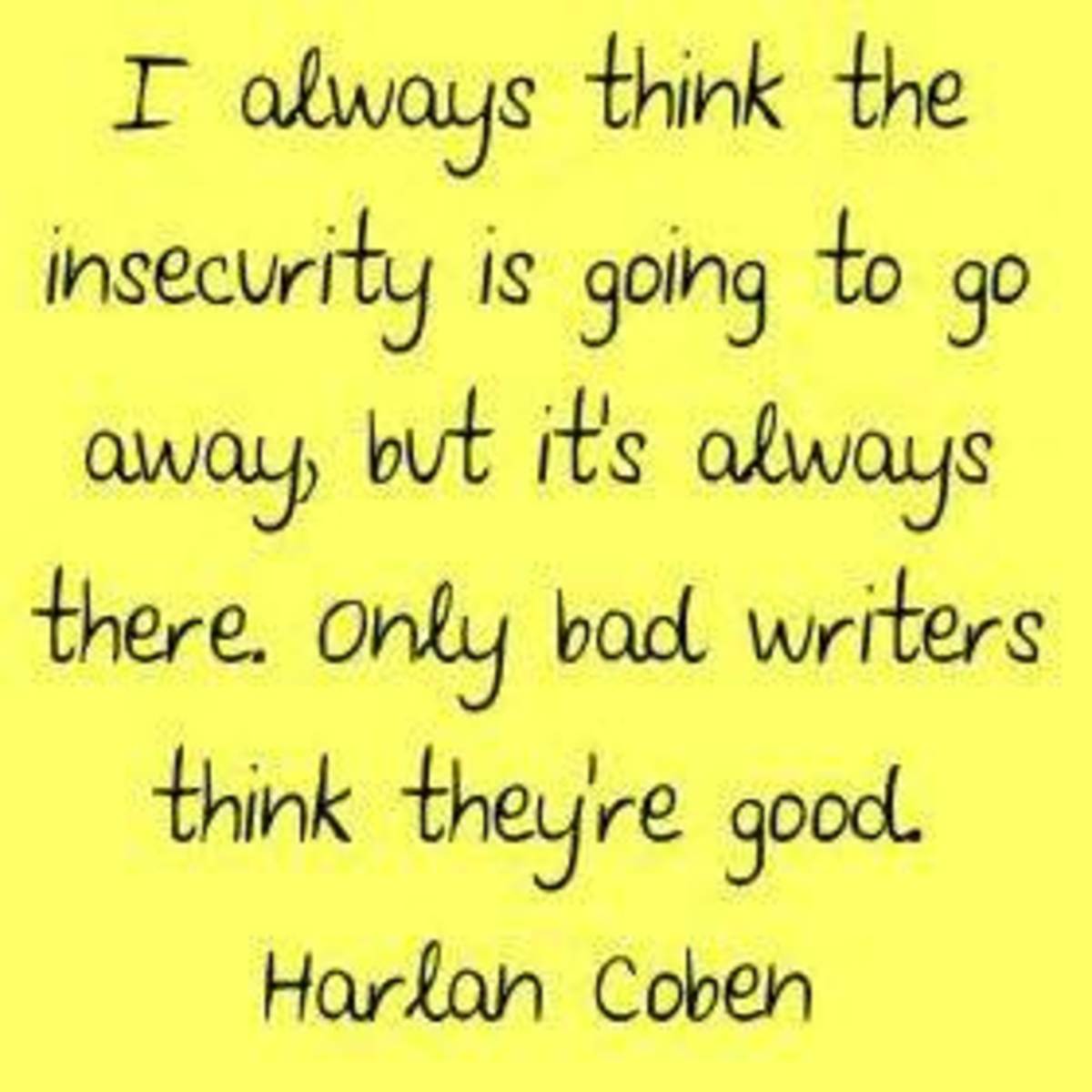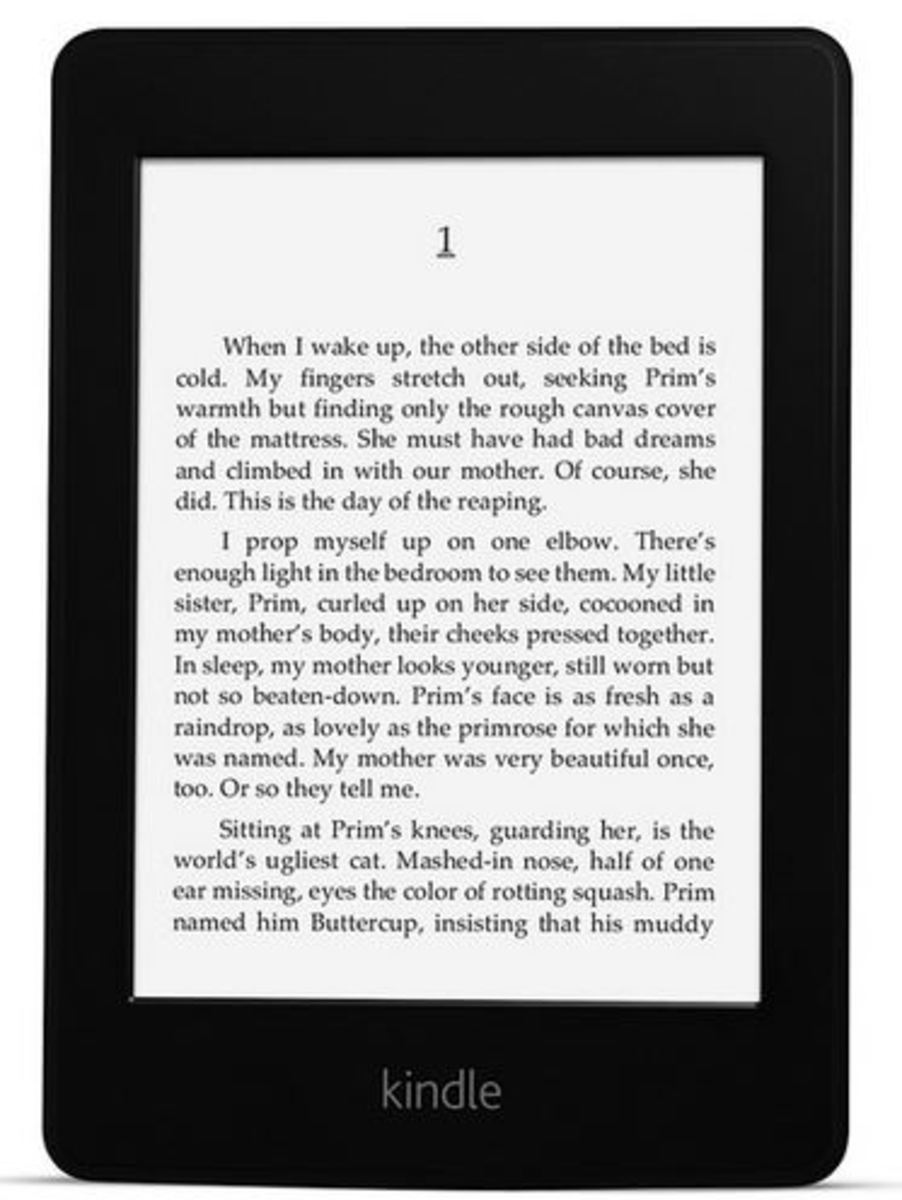Top Reads for Proposals and Getting Published
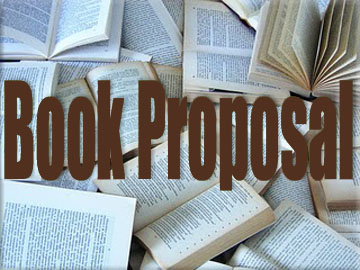
These are my favourite recommendations for writers looking for assistance with proposals and getting published.
Agents, Editors and You: The Insider’s Guide to Getting Your Book Published (Writers Market Library)
Money, and how to access it, are a major concern of many a freelance writer. How do you find and choose an agent or an editor? How can you persuade them to read and then publish your book? The purpose of this book is to help you get in touch with those people who can make your dream a reality. They can help you become a published author. This book is a comprehensive guide to making it all happen. From preparing the basic proposal to approaching the right agent and publisher, this book has it all. Within its twenty chapters, you will find what you need to get ready for your chance. The author offers you practical and appropriate updated information on everything from submitting the manuscript to selling it. This book also includes information on current trends in publishing, what are the most popular publishers, and even what to do when a company makes you an offer for your book. If you really want to know the mechanics of the publishing industry, this is the book for you.
Complete Idiot’s Guide to Publishing Magazine Articles
by Sheree Bykofsky, Jennifer Basye Sander
Do you feel you are totally at sea when it comes to knowing what to do and where to go to publish your articles. Do you fall into the category of complete idiot? If you answer yes to either or both questions, this book is perfect for you. The Complete Idiot’s Guide to Publishing Magazine Articles leads you through the entire process. It helps you learn about the business end of magazine publishing, specifically who actually hires writers for specific magazines and how they locate work. Also included are sections on what an editor will expect from you as a writer and a handy definition and explanation of what a freelancer is and does. Keeping the book up-to-date, the authors have included how the internet can help launch your career. In fact, this book covers all your questions and provides information on a wide variety of situations facing a newbie. If you want to discover how to generate ideas, create proper queries, do proper research or even handle your taxes, you will find it in this information rich book. If writing magazine articles is on your radar, do pick up this book.
The Complete Idiot’s Guide to Publishing Children’s Books, Second Edition
by Harold D. Underdown
You have to love complete idiot’s – guides that is. This book addresses a specific niche of particularly difficult and complex writing to break into – the publishing of children’s books. The author, Harold D. Underdown, is careful to address all possible questions and issues. He prepares a guide that will help you write books that are for children, entering that particular mindset, but are also appealing to their parents. He discusses the various genres as well as the basics of writing for them. Included are such essential things as selling your book, publishing and various tips on the overall process. The author also includes illustrators. He mentions how important a role they play in creating a sellable children’s book. To help ensure the guide is palatable, Undertown includes several cut-ins on various topics including cautions, warnings and essential resources. He livens up the book further with anecdotes from real life. As a result, his Complete Idiot’s Guide ia a valuable resource if you want to learn more about breaking into the market for writing for children.
How To Be Your Own Literary Agent : An Insider’s Guide to Getting Your Book Published
by Richard Curtis
Richard Curtis has been in the business of guiding and providing essential advice to writers for more than thirty years. He is considered one of the top men in his chosen field. During this time, he has picked up more than a few pearls of wisdom to pass on. Fortunately, this book gathers much of what he has discovered and passes it on. Essentially, this is a self-help book. As the title clearly indicates, it is a guide on how to become your own literary agent and to do so successfully. His unique position allows Curtis to provide you with a different slant on the business. He is quite candid and not afraid to voice what changes have occurred in the business because of the internet. He tells you how to use it and other methods to keep the upper hand or at least level the field, when it comes to dealing with agents and editors. He stresses you need to know your rights as a writer. This includes an area many would not even think of – book design. Check out this information and so much more in this wonderful guide. Like the writer himself, this book delivers more bang for the buck than any imitator.
How to Write a Children’s Book and Get It Published
by Barbara Seuling
Barbara Seuling qualifies as an expert in the field of writing for children no matter whose standards you apply. For more than 20 years she has been writing and publishing her work. She has at least 60 children’s books to her credit. Rather than keep all that she knows about this uncertain business to herself, Seuling has decided to share it. Her insights are truly enlightening and very helpful. It explains how you can write a book for children. If nothing else, it is thorough in content. It covers technical advice as well as personal experience. If you have previously purchased this book, you might want to buy this newer edition. The author has updated the contents. Now included are what the newest technology has meant to authors of this genre. She discusses research using the internet. She has also updated the various writing groups, marketing opportunities and a recommended reading list. If you are searching for an authoritative book to help you get started on a career writing for children, this is the one to do it.
Write the Perfect Book Proposal: 10 That Sold and Why, 2nd Edition
by Jeff Herman, Deborah Levine Herman
As any writer can tell you, one of the first tools to selling your idea for a book is the proposal. It is the first step in the ladder of publication. If you can sell the proposal, you have a chance. The question is, “What is a good or, better still, a great, book proposal?” The major author of this book, Jeff Herman, began as a literary agent when he was only 26. He now is the proud owner of a multi-million dollar literary agency. In an attempt to give back to inspiring writers, Herman has put together this book. Its focus is simple – writing the perfect book proposal. In order to get this across, the author has compiled 10 book proposals that were successful. He then proceeds to dissect them and analyze why these made it over others. In his breaking down of the proposals into components, he helps you understand what made them stand out and how you can achieve this. It is one way of positioning your own work as best as possible. Herman also provides you with information on common weaknesses and strengths of book proposals. In doing so, he provides you with a guide on how to vault over others to make it to the top of the heap.
Nonfiction Book Proposals Anybody Can Write: How to Get a Contract and Advance Before Writing Your Book
by Elizabeth Lyon
Writers are often considered a strange breed. We love and hate to write. Sometimes we would rather progress in an odd out-of-order fashion as we write. There are times we wish we could get an advance and not write a single word. If lurking within you is truly the Great American, Canadian, British novel, just waiting to be taken beyond the odd bits-and-pieces to emerge fully fledged, this is the book for you. It will help those of you who need a light to guide them through the procrastination or just about any type or uncertain phase of rudderless writing. This book is all about providing you with some type of direction. It is there to help you cut through the red tape that binds the story within you and does not seem to want to let it out. The authors provided information that is both helpful and essential. If you are new to writing as a professional, turn to this book. It is sure to provide you with material your last courses in essential English writing – probably taken sometime in high school or college, left out.
The Sell Your Novel Tool kit
by Elizabeth Lyon
You think you have it all together. At last, your planning, creating, fine-tuning and general hard work and skill have resulted in the perfect novel. Your dream has reached fruition. There is just one problem. How do you get it published? It is time to take a new approach. Discover this book and prepare to go forward. This book by Elizabeth Lyon is a kit on how to sell your book. She is well aware of the changes in the publishing business. The good times when publishing houses were plentiful across the land are now gone. Small companies have perished or been swallowed by larger entities. These big houses have specific demands. Writers have to learn with the situation. They need to develop their novels and present them in a way that will appeal to these companies. In this book, Elizabeth Lyons does exactly that. She provides the reader with information as well as the required skills and exercises necessary to achieve the style crucial to grabbing the interest essential for their book to actually make it into print.
The Successful Writer’s Guide to Publishing Magazine Articles (The Successful Writer’s Guides Series)
by Eva, Ph.D. Shaw
May writers dream of making it in the big time. For some the ideal is appearing in the pages of certain prestigious magazines. If your dream is to see your by-line somewhere prominent in a national periodical, this is the book for you. The author realizes there is a difference between writing articles for magazines and that undertaken for other genres. She is also informative and wide reaching in her ability to address the goals of hobby writers as well as careerists. The approach the author takes is relaxed. You feel you are conversing with a professional in a comfortable room over a cup of coffee or, perhaps, tea or a glass of aged wine. She is simply telling what she knows and you are avidly listening and absorbing as much as you can. The author delivers information on the basics of “how to” and structural necessities. She also supplies tips and handy hints with a dash of seasoned advice. Perhaps what makes this book unique is what the author calls the Bubble Method technique of brainstorming. This is no bubble-brained concept and is certainly worth paying the money to learn and use.
Teach Yourself Travel Writing
by Cynthia Dial
This book is written with a group of specific people in mind. It is for writers who want to combine their love of traveling with their passion for writing. If this describes you, you need to buy this book and become a successful travel writer. What better way is there than to get money for doing what you actually love to do? The author, Cynthia Dial, covers all the steps you need to take to make this dream business venture a success. Do you want to know how to come up with great stories? Do you need to learn about basic ideas to get you started and then developed into an article worth publishing? This book guides you through those initial actions beginning with writing a proposal and obtaining a contract. It also leads you through the difficulty of editing a completed work. If you really want to find a way to pay for those dram tips, this is an ideal way. Buy this book and learn how to become a travel writer.
The Online Copywriter’s Handbook : Everything You Need to Know to Write Electronic Copy That Sells
by Robert W. Bly
The internet is viewed as both a blessing and a curse. While the jury is still out on how good, effective and essential many of its aspects are, little doubt remains in one instance. The internet has shaken up the entire world of writing. Suddenly, there is a new market with fewer boundaries. On the internet, writing has become a whole new ball game. Yet, figuring out what the new rules, standards and best approaches are can be a long drawn out affair. If, however, you find the right guide, it will cut down the learning curve. This is the book to help you learn the difference between what hard copy is good, and what is acceptable internet copy. It will help you discover how to best market yourself as well as uncover other certain features and possibilities only feasible online.
If you are just starting out, you need look no further than this guide to lead you through the maze known as the internet. Wondering about ezines or banner ads? Have a question about websites, home pages or even internet direct mail? This book has the answers. If you have been around a bit, check the book for updates. This is truly one helpful guide for those writers who are trying to make it on the internet.
Writer’s Digest Handbook Of Magazine Article Writing
The Readers’ Digest has gathered together some of the most successful and well known freelance writers of our time. To help you learn how best to write magazine articles, the editors have pulled together the words and wisdoms of such individuals as Karen Asp, Robert Bly, Sandra Dick, Julie Duffy, Linda Formichelli, and Jenna Glatzer. The resultant essays provide potential and actual freelance magazine writers with a wide variety of information. Topics covered include how to get published, copy writing and the basics involved in creating an article for a specific magazine. Of particular importance is the role of the internet and what rights you have in this regard. This is rarely addressed in other books on this freelancing. The book brings to light certain information in this regard while exploding common myths. Contrary to what many writers believe, there are certain rules that are established worldwide. Writers do have rights concerning copyright. General etiquette needs to be followed. Discover these facts and learn other truths. With this book it truly is the case of “Read and you might lean something.”
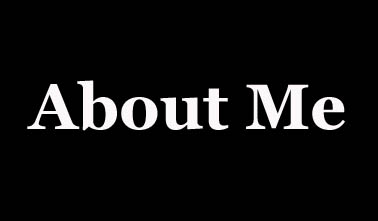
This hub brought to you....
by Julie-Ann Amos, professional writer, and owner of international writing agency www.ExquisiteWriting.com
Why not create your own HubPages? It's fun and you can make revenue from Adsense and other revenue streams on your pages. JOIN HUBPAGES NOW - SIMPLY CLICK HERE...
This work is licenced under the Creative Commons Attribution-Non-Commercial-No Derivative Works 3.0 Unported License. To view a copy of this licence, visit http://creativecommons.org/licenses/by-nc-nd/3.0/ or send a letter to CreativeCommons, 171 Second Street, Suite 300, San Francisco, California94105, USA.




